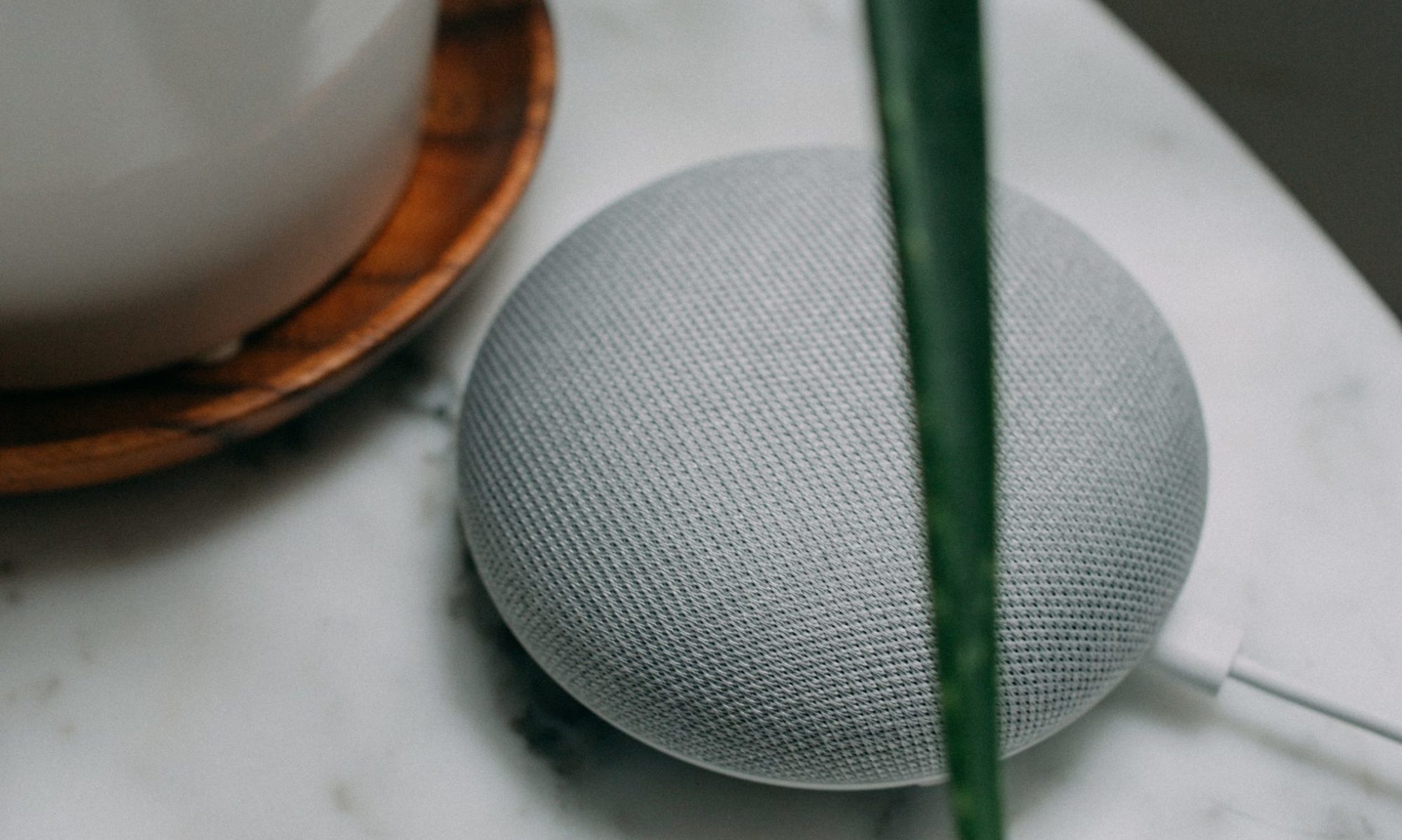CheckMyVA aims to improve the data sovereignty of voice assistant users. From the perspective consumer protection, these devices (Amazon Alexa, Google Assistant or Apple HomePod) are problematic due to their placement in domestic spaces. In addition, these devices are always ready for operation and have the potential to listen in on all conversations (including those of children and visitors). All interactions with the device are stored on the manufacturers’ cloud systems and on the servers of other service providers. The GDPR gives consumers the right to obtain information about the data they have collected and to change or delete it. However, most people are unaware of the process required for this. It is also not very practical – especially since the information, if any, only returns as a collection of “raw data.” In this format, the data is incomprehensible to consumers.
With our project, we want to make it easier for consumers to understand their data as well as the processes in this sensitive area. For this purpose, we plan to create a platform based on the Design for All principle that supports consumers in exercising their GDPR rights. With the help of common data science and AI methods, the data will be processed and visualized in a user-centric way. As a result, we can sensitize consumers to the behavioral patterns hidden within the data and the purposes for which the information can be used by third parties. In addition, the platform is intended to provide consumers with a simple tool for implementing and claiming their GDPR rights, e.g., to revoke consent to the use of data or have the data deleted.
Methodologically, the project relies on a Living Lab with a qualitative sample of about 30 households. The goal of the Living Lab is to collect data on usage and privacy practices as well as develop requirements together with consumers. Then, we will test the use of the prototypically developed platform under real-world conditions and study its appropriation in everyday life. Fraunhofer FIT coordinates the project and contributes its expertise in the field of user-centered software development for the conception and evaluation within the framework of the Living Labs. The University of Siegen contributes its expertise in the area of usable privacy and digital consumer analytics. They are responsible for implementing the platform in cooperation with the start-up open.INC, which also contributes its expertise in the visualization of complex data.

